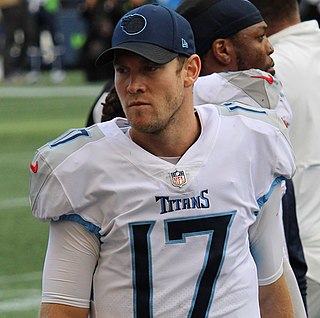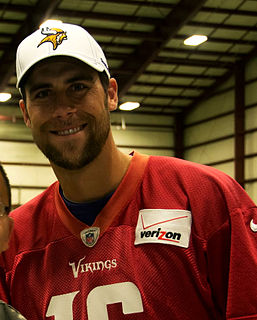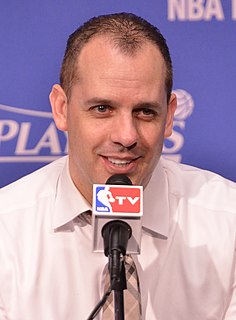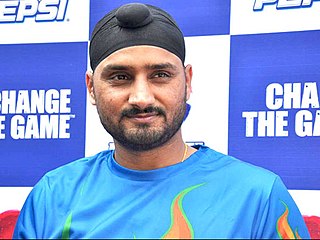A Quote by Ryan Tannehill
When you get down, your game plan changes a lot and what you're trying to do is eliminated.
Related Quotes
If you want to coach you have three rules to follow to win. One, surround yourself with people who can't live without football. I've had a lot of them. Two, be able to recognize winners. They come in all forms. And, three, have a plan for everything. A plan for practice, a plan for the game. A plan for being ahead, and a plan for being behind 20-0 at half, with your quarterback hurt and the phones dead, with it raining cats and dogs and no rain gear because the equipment man left it at home.
What's really driving the boom in coaching, is this: as we move from 30 miles an hour to 70 to 120 to 180......as we go from driving straight down the road to making right turns and left turns to abandoning cars and getting motorcycles...the whole game changes, and a lot of people are trying to keep up, learn how not to fall.






































